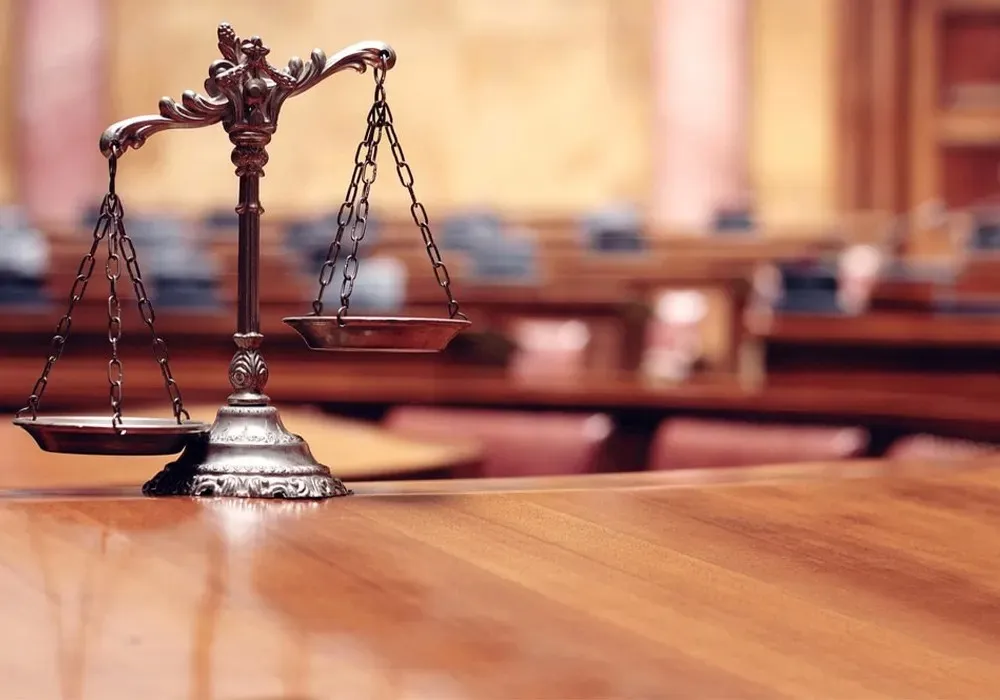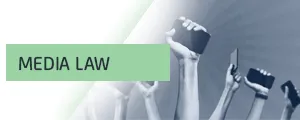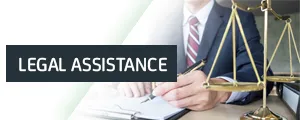Can a court compel a journalist to apologize to the subject of a publication? Legal review by "Adil Soz"

The "Adil Soz" Foundation has prepared this legal review regarding the case of the Exclusive.kz against three plaintiffs. The Esil District Court of Astana not only ordered Exclusive.kz to publish a refutation of the published articles but also to issue an "apology" to the plaintiffs. The journalists have appealed the court decision and sought legal assistance from Adil Soz.
According to current legislation, judges make decisions based on the letter of the law and their personal convictions. However, they do not have the right to go beyond the law, modify or supplement it in any way, or invent additional types of punishment or impose obligations on the parties involved in the proceedings that are not provided for by law.
The "Adil Soz" Foundation emphasizes that judges are not entitled to add requirements to their decisions and resolutions that are not directly and clearly indicated in laws and regulations. Judges should be held accountable, at least disciplinarily, for unauthorized imposition of punishments or imposition of obligations on participants in the legal process that are not provided for by the current legislation of the Republic of Kazakhstan.
Case of Exclusive.kz
The protagonist of the published articles shared details with journalists about a two-year-long inheritance litigation, alleging that his adversaries are involved with the organized criminal group of Wild Arman. Three individuals, whose names were mentioned in the interview, filed a lawsuit against four defendants, including Exclusive.kz, that published the story.
The court ruled that three defendants must refute the published information, pay each of the three plaintiffs 200,000 tenge, compensate the representatives' court expenses (amounting to 920,000 tenge for three individuals), and apologize to the plaintiffs through a video message. The fourth defendant was found not guilty as he had only reposted the published article.
Analysis of the situation
In accordance with paragraph 1 of Article 9 of the Civil Code, the means of protecting civil rights can only be determined by law. This implies that individuals can only demand what is explicitly written in the laws, and nothing more.
When filing claims to protect honor, dignity, and business reputation, the plaintiff has the right to request that the court oblige the defendant to refute false and damaging information and seek monetary compensation for emotional distress. The law does not provide for any additional remedies. Furthermore, the defendant is not held responsible for value judgments (opinions) in these types of cases, as explicitly stated in paragraph 17 of the Regulatory Resolution of the Supreme Court dated November 27, 2015, No. 7, titled "On the application by the courts of legislation on compensation for moral damage." Therefore, the court should not consider a public apology as a method of protecting civil rights since it is not provided for by law. Additionally, an apology represents the personal opinion of the individual offering it about the events in question.
Everyone has the right to his/her own opinion, and no one, including the court, has the authority to coerce someone into changing it. Even when issuing a verdict, the court may find an individual guilty of a crime but cannot compel them to admit guilt. The right to hold an opinion is an essential and inherent right of every individual, directly tied to a person’s honor and dignity. According to paragraph 2 of Article 12 of the Constitution, human rights and freedoms are universally applicable from birth, recognized as absolute and inalienable, and they shape the content and implementation of laws and other legal regulations.
Forcing an apology through a court decision is nonsensical and an infringement on a person's rights. While seemingly aiming to protect the honor and dignity of the plaintiff, the court simultaneously diminishes the honor and dignity of the defendant, despite Article 9 of the Civil Procedure Code explicitly prohibiting actions during civil proceedings that degrade the honor or dignity of any party involved.
What happens if the defendant, even after a court decision, does not admit guilt and refuses to apologize? Will the state then subject that individual to criminal liability under Article 430 of the Criminal Code for non-compliance with a court decision and deprive them of their freedom? How would our state differ from thugs who use physical coercion to humiliate individuals into making apologies on camera? Therefore, the court's decision to compel the defendant to publicly apologize to the plaintiff cannot be upheld. The court acts on behalf of the Republic of Kazakhstan, which positions itself as a democratic, secular, legal, and social state, with the highest values being the individual, their life, rights, and freedoms (Article 1 of the Constitution).
"Adil Soz" recommends:
The "Adil Soz" Foundation asserts that judges at all levels must be informed that they are not authorized to add requirements to their decisions and resolutions that are not directly and clearly specified in laws and regulations. Additionally, the consequences of making such decisions should be explained to them. Judges should be held accountable, at least disciplinarily, for imposing unauthorized punishments or obligations on the parties involved in the legal process that are not provided for by the current legislation of the Republic of Kazakhstan.
There is a pressing need for a clear and comprehensible mechanism for citizens and legal entities to appeal against such decisions. This mechanism should be communicated to all parties involved in litigation. Complaints regarding such decisions should be documented and taken into consideration. If there are regular complaints concerning a specific judge, the issue of their suitability for the position they hold should be addressed.





